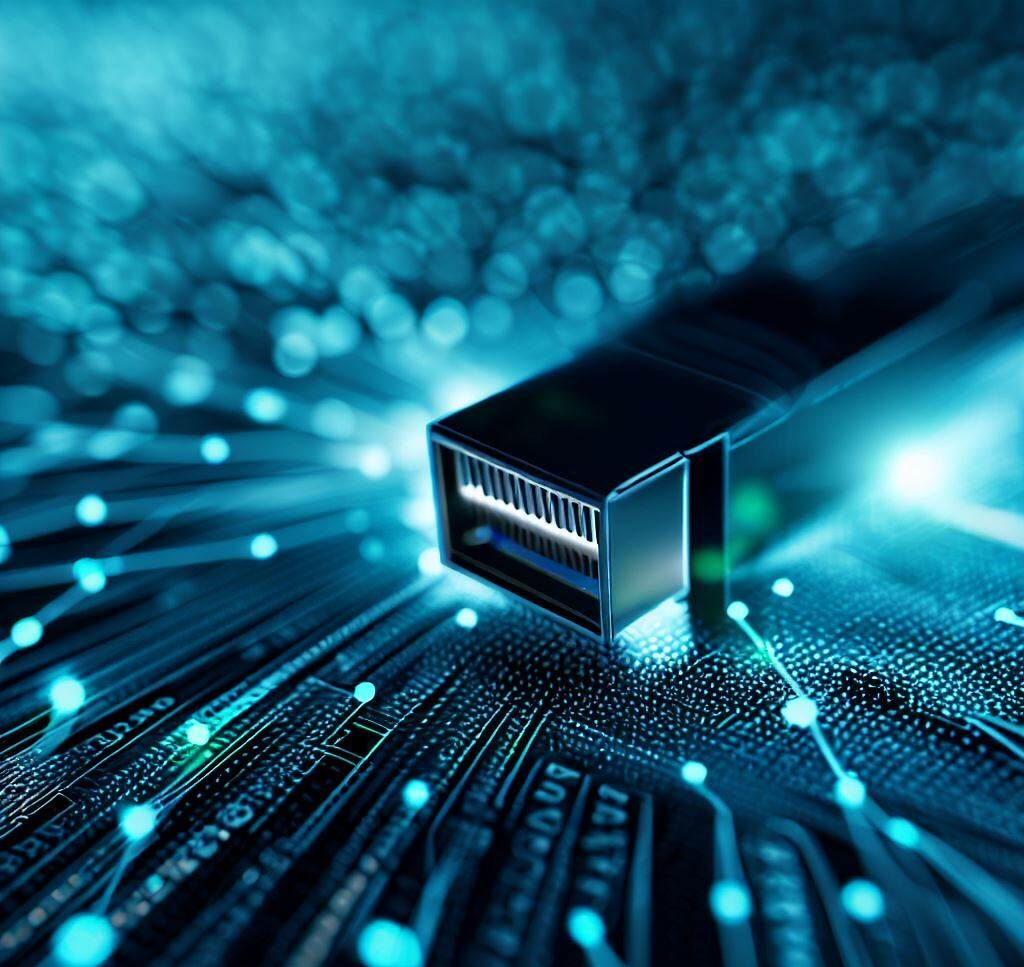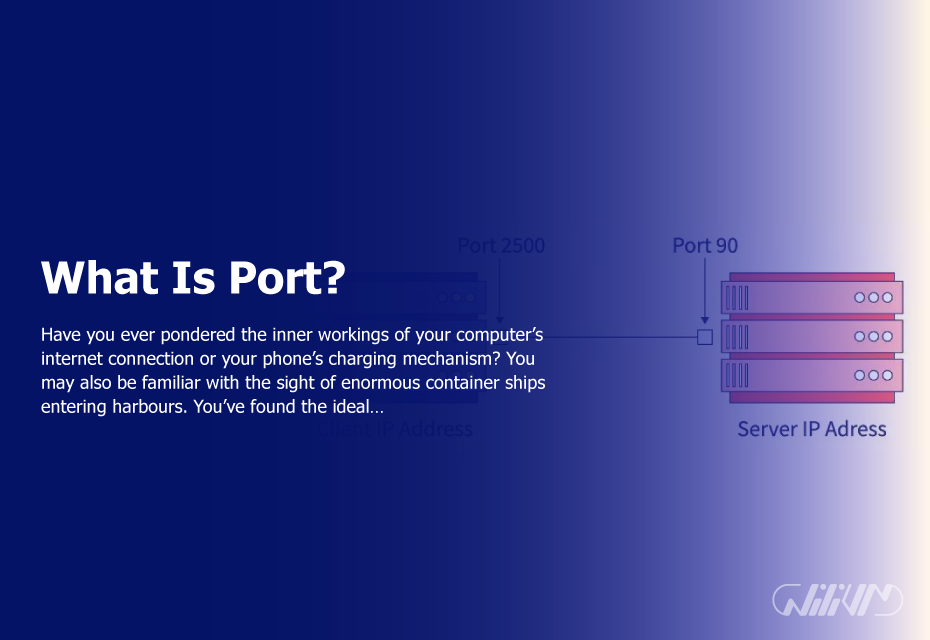What Is Port?
Have you ever pondered the inner workings of your computer’s internet connection or your phone’s charging mechanism? You may also be familiar with the sight of enormous container ships entering harbours. You’ve found the ideal location if thoughts like this pique your interest. The true meaning of “port” will be revealed today. Are you prepared to enter? Okay, so let’s begin!

Contents
The Basics of Ports
Definition of a Port
In the simplest terms, a port is a point of connection. It’s an interface where different systems can exchange data, communicate, or physically connect with each other. But, you might be wondering, aren’t there different kinds of ports?
Types of Ports
Physical Ports
That’s right! First off, we have physical ports, which are the outlets you see on your electronic devices. Think of them as doors through which your device can connect with the outside world, like USB or HDMI ports on a computer.
Computer Ports
On the other hand, computer ports in software are logical constructs that facilitate data transfer. These ports are doorways for information exchange in the virtual world.
Understanding Ports
Ports in Computing
Role of Ports in Computing
Ever plugged in a USB into your computer to transfer files? That’s a physical port at work! Computer ports allow devices to interface with each other, ensuring seamless data transfer and peripheral connection.
Ports in Networking
Role of Ports in Networking
In the realm of internet networking, ports identify specific processes or services in a system. They ensure data packets reach the correct destination, much like postcodes in a mail system.
Ports in Shipping
Role of Ports in Shipping
When we talk about shipping, ports become seaports or harbors where ships dock to load or unload goods. They act as gateways for global trade, connecting different countries.
Ports in Telecommunication
Role of Ports in Telecommunication
In telecommunications, ports facilitate the connection and disconnection of calls. They enable our phones to communicate, whether through calls, messages, or data transfer.
The Importance of Ports
Why Ports Matter
Ports, whether physical, logical, or geographical, are essential because they enable connections. They’re like the nerves in our bodies, enabling us to interact, communicate, and exchange information with the world.
Economic Significance
In terms of economic impact, ports (especially shipping ports) facilitate trade, transportation, and are a critical part of the global economy.
Technological Significance
Technologically, ports allow the interconnection of devices and the internet, fueling our digital world.
Commonly Used Ports
In Computers
USB, HDMI
USB and HDMI ports are common examples of physical ports on computers, allowing peripherals to connect and transfer data.
In Networks
HTTP, FTP
HTTP (Port 80) and FTP (Ports 20 & 21) are examples of networking ports that enable web browsing and file transfers, respectively.
Port Security
Securing ports is crucial in all aspects. In computing, it prevents unauthorized access and data breaches, while in shipping, it ensures the safety of goods and people.
Conclusion
So, there you have it, a comprehensive look at what a port is. From computer ports to shipping ports, it’s clear they play an essential role in our interconnected world. Isn’t it amazing how a simple concept of a ‘port’ finds application in so many different fields?
FAQs
What is the role of ports in networking?
In networking, ports act as endpoints in the OS for network communications, enabling data packets to be directed to specific processes or services.
Why are ports important in shipping?
Ports in shipping are crucial for global trade as they enable the loading, unloading, and transshipment of goods from ships.
What does port security entail?
Port security involves safeguarding ports from unauthorized access, data breaches, and ensuring the safety of goods and people in the context of shipping.
Are ports only related to computers and shipping?
No, ports find applications in various fields, including computing, networking, shipping, and telecommunications, among others.







